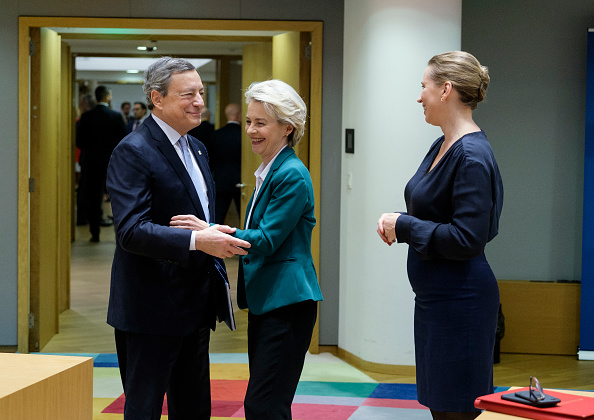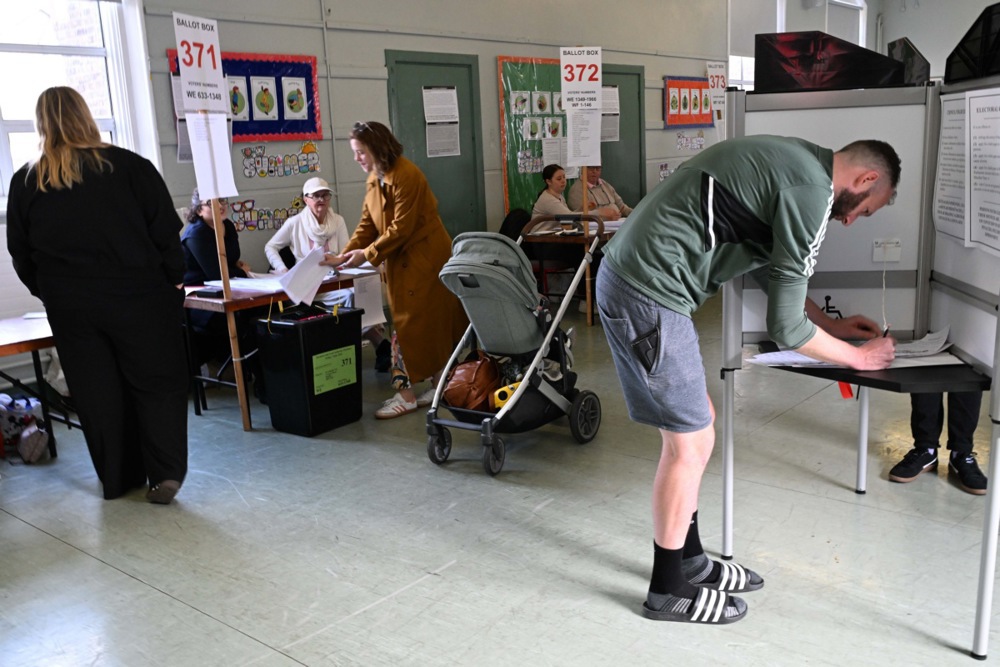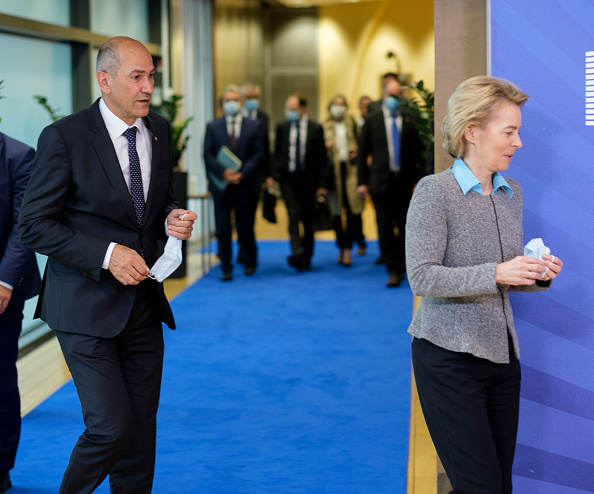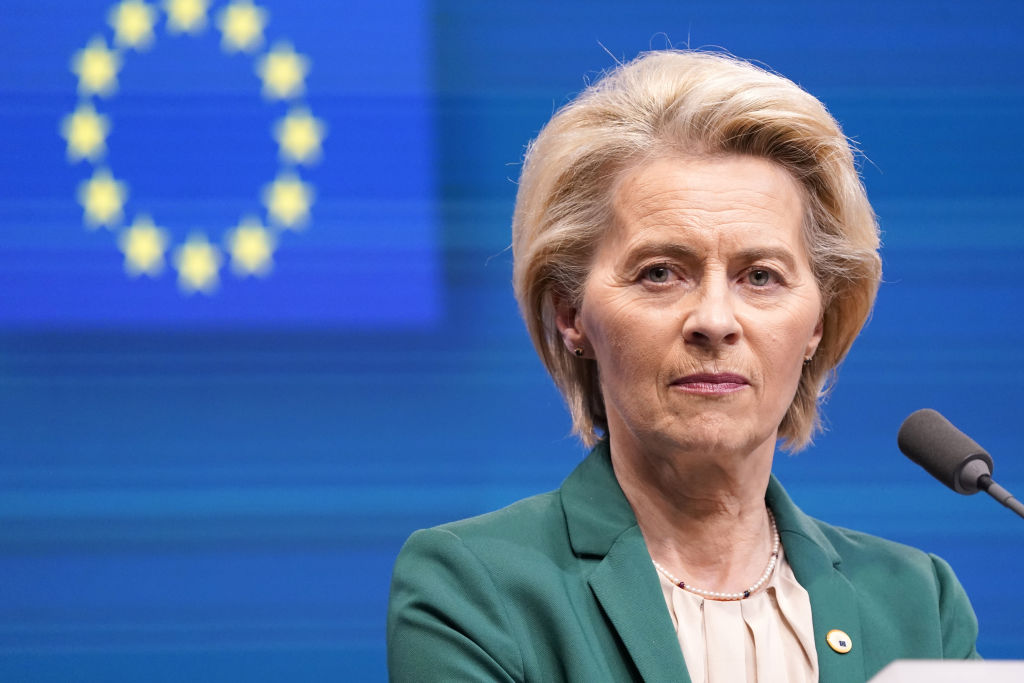A pending criminal investigation in Portugal has dogged António Costa’s hopes of becoming next president of the European Council.
The former Portuguese PM failed to win sufficient backing to secure the post at a European Union leaders’ private dinner on June 17.
That meant he must now overcome opposition before the June 30 deadline, which outgoing European Council President Charles Michel has set for filling the EU’s top jobs.
“The corruption case is just the tip of the iceberg,” argued Alexandre Krauss, a European Parliament senior advisor within the Renew Europe bloc.
Krauss described Costa’s time as Portuguese PM as “a disaster, failing to introduce any meaningful reforms and dragging the country’s economy down to the point where it now lags behind Romania”, he said.
If Costa secured the European Council president slot, the advisor argued he would “undoubtedly hinder the urgent reforms needed in the EU”.
Costa resigned as PM in November 2023 after prosecutors investigating alleged corruption found envelopes with tens of thousands of euros in cash in his chief of staff’s office within his official residence.
He has not been charged with a crime but remains under investigation as part of an influence-peddling probe into how much legislative help his government may have given to the founders of a data centre in southern Portugal.
Costa’s poor proficiency in English, one of the EU’s main working languages alongside French and German, has also provoked criticism. Many pointed out problems Michel faced due to the same reason, although the Belgian’s status as a fluent French speaker helped mitigate it as an issue.
“Are we even united by diversity if the president of the European Council does not lead in stumbling, incomprehensible Erasmus English,” quipped Swedish columnist Laura Ingemarsson.
Other critics questioned whether Costa was too soft on migration.
“Those who think the greatest threat is immigration are wrong,” Costa told a conference. “The biggest threat to prosperity in Europe is our ageing population,” which requires younger workers from abroad, he said.
Costa’s travails have opened the door for jostling among the EU’s party blocs to improve their lot.
Other opponents suggested limiting a Costa term to 2.5 years to permit a centre-right candidate to take over midway through, public advocacy firm APCO’s Brussels senior director Nicholas Whyte told Brussels Signal.
Many in Brussels do not believe the European People’s Party (EPP) did well enough in European Parliament elections to take the presidency of the European Council outright, along with presidencies of the European Commission and the EP, said Whyte.
“I think the EPP have over-reached. Eleven of 27 heads of government, let alone 190 of 720 MEPs, doesn’t get you three-quarters of top spots,” he said.
If Costa landed the post for a full five years, it would guarantee the Socialist and Democrats (S&D) bloc a top job; whittling down his term would diminish the S&D’s influence within the EU’s institutions.
It won 13 fewer seats in the EP elections than in 2019. The EPP gained three seats, while Italian PM Giorgia Meloni’s European Conservatives and Reformists (ECR) Group gained 21 seats.
Costa’s principal supporters accordingly come from the S&D bloc, to which his Socialist Party belongs.
Elsewhere, Polish PM Donald Tusk, whose Civic Platform (KO) is part of the EPP, remains concerned about the corruption investigation, Slovenia’s PM Robert Golob told reporters.
Croatian PM Andrej Plenković, whose Croatian Democratic Union also belongs to the EPP, has been a leading advocate of limiting Costa’s term to 2.5 years, should he be installed.
Plenković has argued he himself could serve as European Council president for the second 2.5-year term as a way, he said, of showing the EU’s commitment to the Western Balkans.
Portugal’s President Marcelo de Sousa has meanwhile backed Costa, even though he is a Socialist and de Sousa’s party is part of the EPP.
Antonio Tajani, Italian foreign minister and head of EPP-member Forza Italia, recently told Italy’s Corriere della Sera that he backed Italy’s former PM Enrico Letta for the post.
For Tajani, that would allow the S&D bloc to retain the position while still giving the job to an Italian — Letta ‘s Partito Democratico belongs to the S&D bloc.
Ursula von der Leyen and Roberta Metsola, major candidates for the role of president of the European Commission and European Parliament, respectively, are both EPP members.
Estonian PM Kaja Kallas, currently the lead candidate for High Representative for EU foreign affairs, belongs to the Reform Europe/ALDE bloc through Estonia’s Reform Party.
Costa has also received support from some Renew Europe leaders such as Golob, whose Freedom Movement is part of the Renew bloc.
Renew lost 18 seats compared with the 2019 election, so gaining the High Representative post through Kallas while seeing the centre-left Costa as European Council president may represent as good an outcome as that bloc could hope for.





